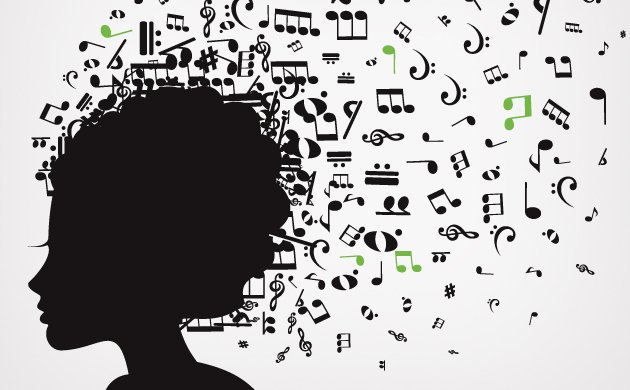Music is something we often take for granted. We put in our headphones, press play, and tune out the world. But the best thing about music is, no matter how much we try to isolate ourselves in the moment, it will always unite us.
“Music never fails to heal our deepest wounds, even the ones medicine can’t reach.”
Studies have shown that music is one of the most critical aspects of social cohesion. It’s a universal language that everyone understands, no matter where you are in the world; when music starts playing, without so much of a beat, we all coincide. Music always finds a way to unite us, from the crowds chanting national anthems to hymns, love songs, and lullabies.
It plays such a crucial role in bringing us together, especially during our hardships.
“During a time of crisis, music reminds us we belong.”
The rise of COVID-19 introduced a new normal and a new meaning of music. With the constraints on our movements and our way of life becoming more restricted, we began to feel a lack of control, and music was the one thing we clung to. While confined to our homes, we missed social support from friends and family and the freedom to control our day-to-day lives. But music gave us a way to regain that control and no longer feel alone.
Across the world, people turned to music to feel some sense of belonging. People chanted, played instruments, and sang out their balconies and windows, attempting to support their communities in the only way they could, with music. While celebrities like Taylor Swift, Justin Bieber, and Ariana Grande became quarantine artists, releasing music during the peak of the pandemic, giving people everywhere a chance to feel even a little less alone. Music creates a sense of security and support. When social distancing and isolation became our new standard, a growing feeling of alienation swept through society, and music became our antidote.
“Music is a social balm for enhancing community connections, soothing anxiety, and boosting serotonin.”
Music significantly impacts our minds. Doctors and scientists have studied and proved that listening to music can stimulate and engage your brain. Music also has a positive effect on our memories. A study done by Mayo Clinic shows that while music couldn’t reverse the memory loss experienced by people diagnosed with Alzheimer’s disease and various forms of dementia, it has been found to slow cognitive decline, which helps people with mild or moderate dementia remember moments from their lives. Music memory is one of the brain functions most resistant to dementia, which is why now many caregivers are using music to help calm dementia patients while building connections with them.
Music also helps treat mental illness. It literally changes the brain. Neurological researchers have found that music triggers the release of several neurochemicals that play a role in brain function and mental health. These neurochemicals include dopamine, a chemical associated with pleasure and “reward” centers, stress hormones like cortisol, serotonin, and other hormones related to immunity, and oxytocin, a chemical that fosters the ability to connect to others.
Music exerts a powerful influence on humans. It unites us, boosts memory, improves our mood, and reduces anxiety and depression.
Music is crucial to humanity and will always be something we can rely on.


